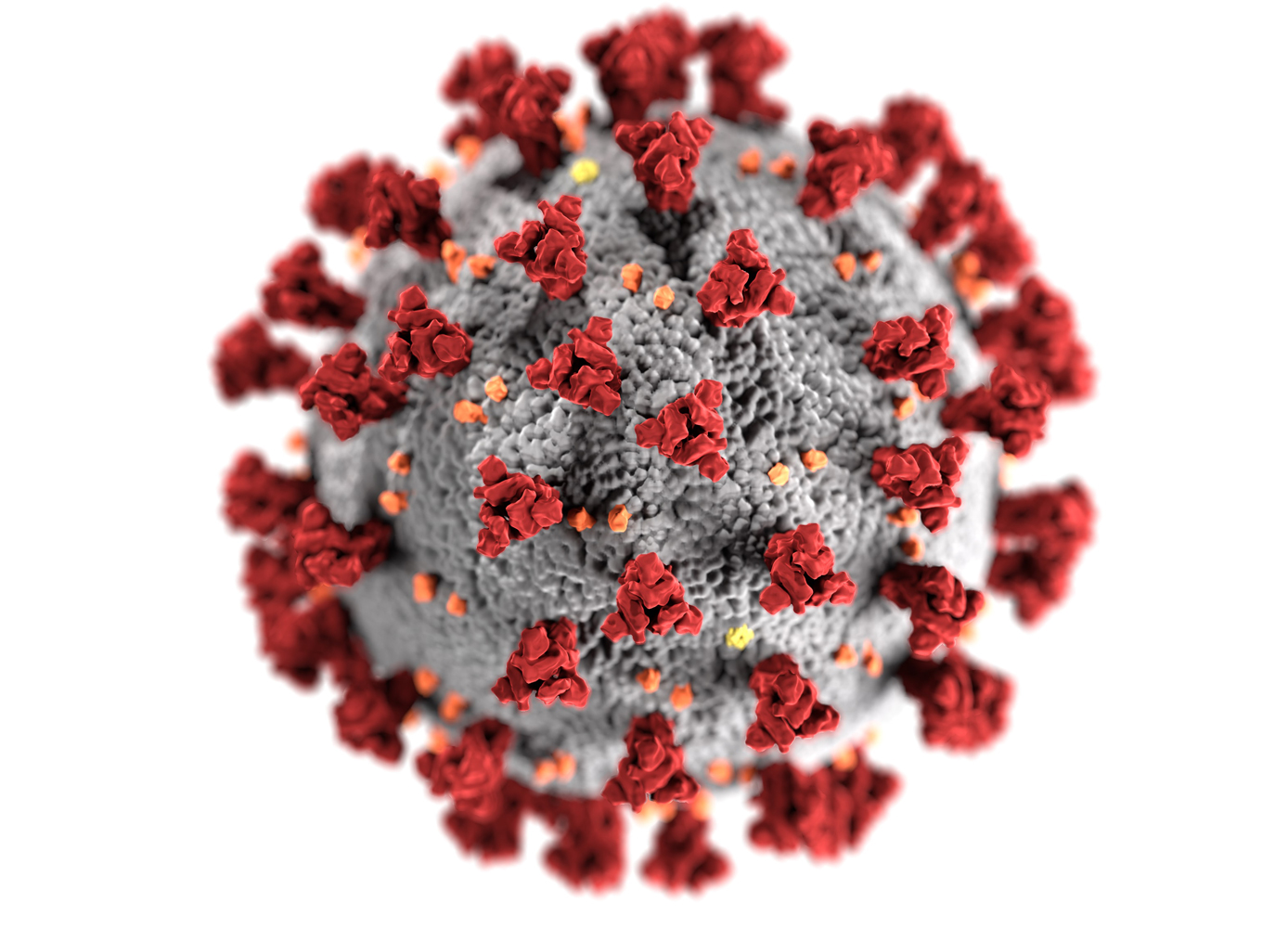Within the same week, both a possible vaccine and an antiviral drug have been identified
Researchers from the University of Pittsburgh School of Medicine have announced that they have produced a vaccine they believe may be effective against SARS-CoV-2, the virus that causes COVID-19.
Testing on mice shows the vaccine may be capable of producing the antibodies needed to stop the virus in humans.
Scientists said they had fewer hurdles to overcome when designing the vaccine because the virus that causes COVID-19 shares many similarities with the virus that causes SARS, the severe acute respiratory syndrome that originated in China in 2002.
“We had previous experience on SARS-CoV in 2003 and MERS-CoV in 2014. These two viruses, which are closely related to SARS-CoV-2, teach us that a particular protein, called a spike protein, is important for inducing immunity against the virus. We knew exactly where to fight this new virus,” said co-author Andrea Gambotto, also an associate professor of surgery at the School of Medicine.
Clinical trials could be possible within the next few months once the vaccine—which the University of Pittsburgh researchers are calling PittCoVacc (short for Pittsburgh Coronavirus Vaccine)—is approved by the US Food and Drug Administration. From there it would take at least another year to test the vaccine in study participants.
“This particular situation is different from anything we’ve ever seen, so we don’t know how long the clinical development process will take,” said Louis Falo, co-author and also a professor and chair of dermatology at the School of Medicine.“Recently announced revisions to the normal processes suggest we may be able to advance this faster.”
In the same week a possible vaccine was announced, University of British Columbia researchers working in collaboration with an international team created a drug which may work as an effective antiviral therapy against COVID-19. When delivered soon after detection, the drug appears to halt progression of the disease.
“Our new study provides very much needed direct evidence that a drug––called APN01—soon to be tested in clinical trials by the European biotech company Apeiron Biologics, is useful as an antiviral therapy for COVID-19,” said Art Slutsky, a scientist at St. Michael’s Hospital and a professor at the University of Toronto.
The drug was tested on replicas of human blood vessels and kidneys grown from human stem cells.
Clinical trials for the drug by the European biotech company Apeiron Biologics are set to begin in Europe in the near future.






